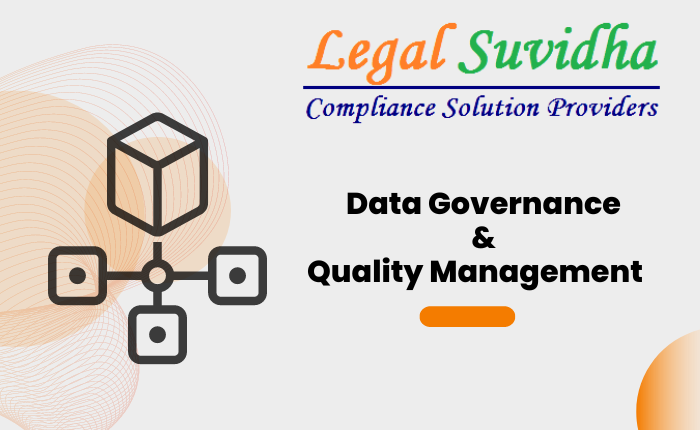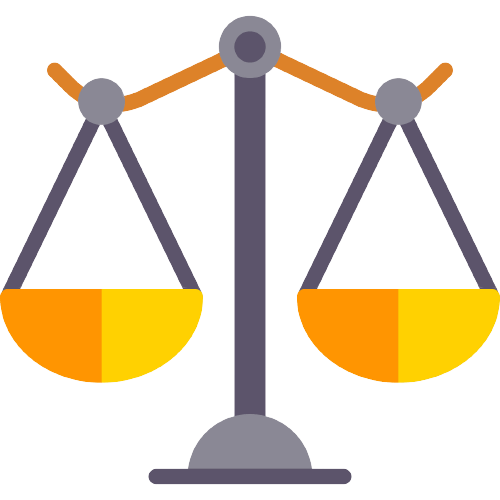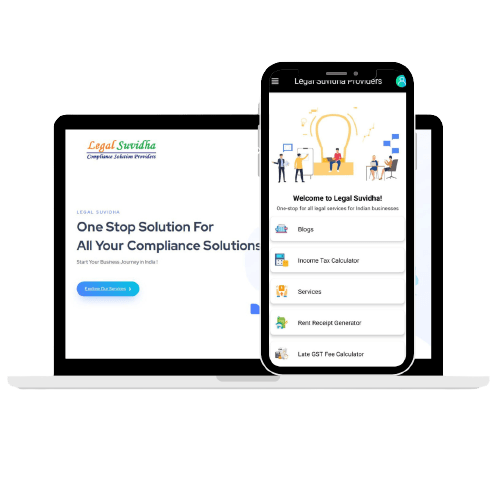In today’s data-driven world, businesses rely heavily on accurate and reliable data to make informed decisions. However, with the ever-increasing volume and complexity of data, organizations face significant challenges in ensuring the quality and integrity of their data assets. To address these challenges, effective data governance and quality management practices have become crucial. In this blog post, we will delve deeper into three key aspects of data governance and quality management: establishing a data governance framework for GST data, implementing data quality management strategies, and conducting data auditing and monitoring in the data warehouse.
A. Establishing Data Governance Framework for GST Data:
Goods and Services Tax (GST) is a complex and evolving regulatory landscape that requires organizations to establish a robust data governance framework specific to GST data. This framework ensures that GST data is collected, stored, processed, and shared in a secure, compliant, and reliable manner. Here are some key considerations when establishing a data governance framework for GST data:
1. Define clear roles and responsibilities: Assigning roles such as data stewards, data owners, and data custodians helps establish accountability and ownership of GST data. These roles should be clearly defined, with well-defined responsibilities in terms of data quality, security, and compliance.
2. Develop data policies and standards: Establishing comprehensive data policies and standards specific to GST data is essential. These policies cover various aspects, such as data collection methods, storage practices, processing guidelines, and authorized access protocols. They should also address data privacy, security, data retention, and regulatory compliance.
3. Implement data quality controls: GST data needs to meet specific quality requirements to ensure accuracy, completeness, consistency, and timeliness. Implementing data quality controls, such as data profiling, validation, cleansing, and monitoring mechanisms, helps ensure the reliability and integrity of GST data.
By establishing a robust data governance framework for GST data, organizations can ensure that data is collected, managed, and utilized effectively, complying with GST regulations and achieving the desired outcomes.
B. Data Quality Management Strategies and Best Practices:
Maintaining high-quality data is crucial for organizations to make informed decisions, improve operational efficiency, and gain a competitive edge. Here are some strategies and best practices for effective data quality management:
1. Data profiling and assessment: Data profiling helps organizations gain insights into the characteristics, structure, and quality of GST data. By performing data assessments, organizations can identify data anomalies, inconsistencies, and redundancies that may impact data accuracy and reliability.
2. Data cleansing and enrichment: Data cleansing involves identifying and correcting inaccuracies, incompleteness, duplications, and other data issues. By implementing data cleansing techniques, organizations can ensure that GST data is reliable and fit for purpose. Data enrichment involves enhancing data by incorporating relevant information from trusted external sources, thereby improving its value and utility.
3. Establish data quality metrics: Defining measurable data quality metrics aligned with business goals and requirements is crucial. Organizations should establish specific metrics to evaluate the accuracy, completeness, consistency, and timeliness of GST data. Regular monitoring of these metrics enables organizations to identify data quality issues promptly and take corrective actions.
4. Data governance integration: Data quality management practices should be integrated into the overall data governance framework. This integration ensures that data quality responsibilities and processes are clearly defined, communicated, and followed consistently across the organization. Collaboration between data stewards, data owners, and other stakeholders is crucial for effective data quality management.
C. Data Auditing and Monitoring in the Data Warehouse:
Data auditing and monitoring are vital aspects of maintaining data integrity, compliance, and security in the data warehouse. Here are some practices for effective data auditing and monitoring in the context of GST data:
1. Define audit policies and controls: Organizations need to establish clear audit policies and controls for GST data. Regular audits, data access logs, change tracking, and other controls help ensure data integrity, detect any unauthorized access or data breaches, and comply with legal and regulatory requirements.
2. Implement data monitoring mechanisms: Utilizing advanced data monitoring tools and techniques enables organizations to detect anomalies, unauthorized access, and data breaches in real time. Alerts and notifications can be implemented to trigger immediate action in case of any data integrity or security issues related to GST data.
3. Conduct periodic data quality assessments: Regularly assessing data quality in the data warehouse, including GST data, is crucial to identify any deviations from defined standards. Organizations should conduct comprehensive data quality assessments, utilizing appropriate data profiling and analysis techniques, to ensure the ongoing reliability and accuracy of GST data.
4. Data security and privacy measures: Organizations must implement robust security measures to protect GST data. These measures may include encryption of sensitive data, access controls to limit data access to authorized personnel, and data anonymization techniques to safeguard personal or sensitive information.
Data Governance Tools and Technologies for GST Data:
Data governance is a critical aspect of managing GST (Goods and Services Tax) data effectively. Implementing a robust data governance framework requires the use of various tools and technologies. Let’s explore some of the key tools and technologies available for supporting data governance in the context of GST data.
1. Data Governance Platforms:
Data governance platforms provide a comprehensive set of tools and capabilities to manage and govern data assets. These platforms typically offer functionalities such as data cataloging, data quality management, metadata management, data lineage, and policy enforcement. Some popular data governance platforms include Collibra, Informatica Axon, Alation, and IBM InfoSphere Information Governance Catalog.
2. Metadata Management Systems:
Metadata management systems play a vital role in data governance by providing a centralized repository for managing metadata, which includes information about data structures, definitions, relationships, and data lineage. These systems enable users to discover, understand, and govern data assets effectively. Examples of metadata management systems are Apache Atlas, Oracle Enterprise Metadata Management, and SAS Data Governance.
3. Data Lineage Tools:
Data lineage tools help track and visualize the movement of data throughout its lifecycle, providing insights into the origin, transformations, and destinations of data elements. They enable organizations to understand data dependencies, assess data quality, and ensure regulatory compliance. Some popular data lineage tools include Collibra Lineage, Informatica Enterprise Data Catalog, and Erwin Data Intelligence.
4. Data Quality Tools:
Maintaining data quality is crucial for accurate GST reporting. Data quality tools assess and monitor data for completeness, accuracy, consistency, and conformity with defined standards. These tools often provide profiling, cleansing, validation, and enrichment capabilities. Examples of data quality tools include Informatica Data Quality, Talend Data Quality, and Trillium.
5. Master Data Management (MDM) Systems:
Master Data Management systems help organizations manage and govern master data entities such as customers, products, and suppliers. These systems ensure consistency, accuracy, and integrity of master data across different systems and business processes. MDM solutions like Informatica MDM, SAP Master Data Governance, and Oracle Customer Data Management offer capabilities for data governance within the MDM domain.
6. Data Security and Privacy Tools:
Ensuring data security and privacy is essential when handling GST data. Tools for data masking, encryption, access control, and monitoring help protect sensitive information and comply with data privacy regulations. Some commonly used data security and privacy tools are Vormetric Data Security Manager, Informatica Secure@Source, and Protegrity.
7. Business Intelligence (BI) and Reporting Tools:
BI and reporting tools assist in analyzing and visualizing GST data to derive insights and support decision-making. These tools enable users to create interactive dashboards, reports, and ad hoc queries. Popular BI and reporting tools include Tableau, Power BI, QlikView, and MicroStrategy.
Implementing a data governance framework for GST data requires careful consideration of the organization’s specific requirements and challenges. The selection of appropriate tools and technologies should align with the governance objectives and be adaptable to evolving needs.
If You have any queries then connect with us at [email protected] or [email protected] & contact us & stay updated with our latest blogs & articles




















